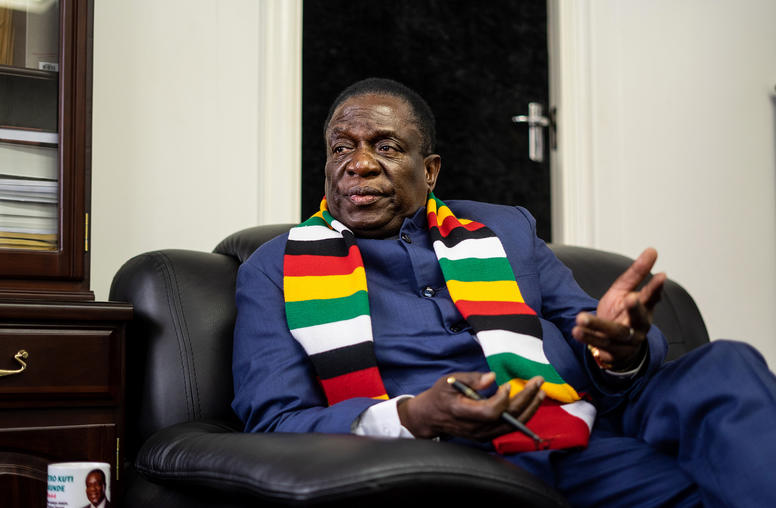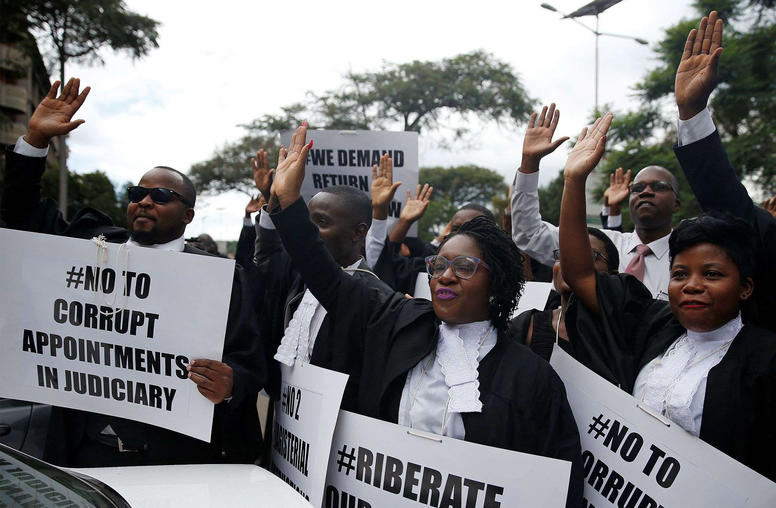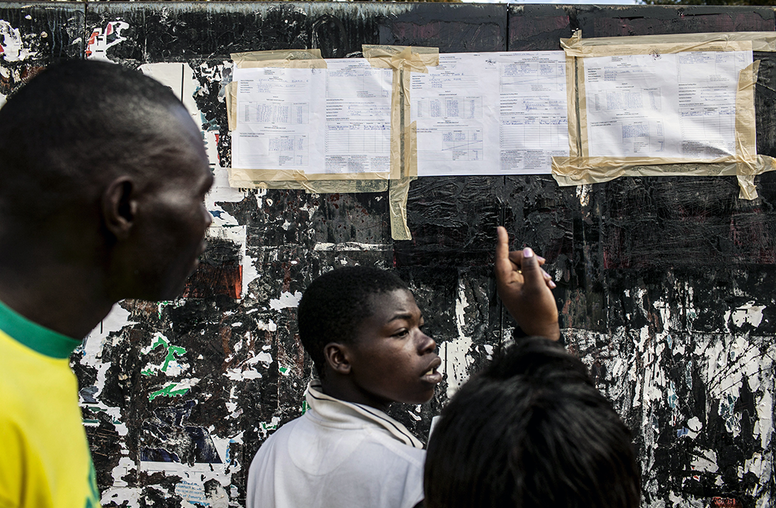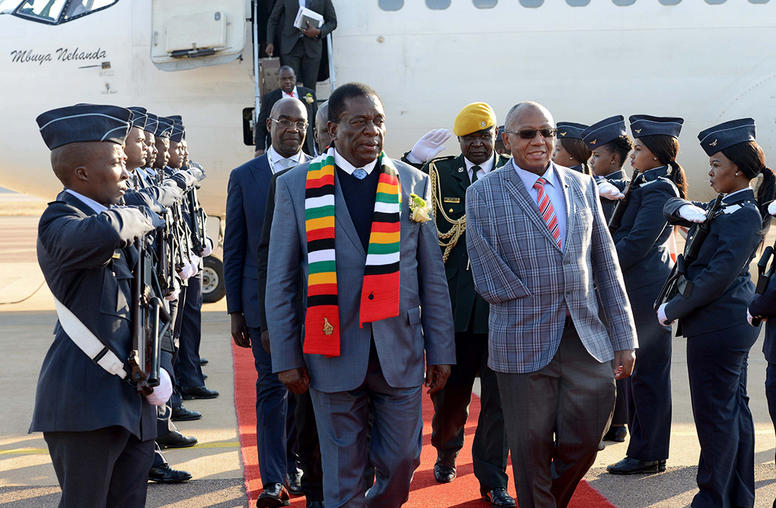Zimbabwe Votes 2008
A public event co-sponsored with the Center for Strategic and International Studies and Freedom House
With the upcoming June 27, 2008 presidential run-off in Zimbabwe, state-sponsored violence continues to rise, leaving more than 50 deaths and more than 2,000 victims of violence and torture in its wake. Please join us for a review of the political situation in Zimbabwe prior to the run-off election and a discussion on possible outcomes and ways for the international community to support a free, fair, and peaceful run-off election in Zimbabwe. A representative of the Zimbabwean diaspora in South Africa engaged in organizing the Get Out the Vote campaign will show a 10-minute documentary about efforts to mobilize voters among the 1.5 million Zimbabwean diaspora members in South Africa and answer questions about the election process.
Speakers
Participating from South Africa via video conference link:
- Nqobizitha Mililo
Spokesperson for the Movement for Democratic Change (MDC) in Zimbabwe - Deprose Muchena
Economic Justice Program Manager, OSISA, renown human rights activist from Zimbabwe - Mathula Lusinga
Political refugee from Zimbabwe serving as Chair for Peace and Democracy Project (PDP) in South Africa - Jennifer Cooke, Moderator Co-director for Africa Programs at the Center for Strategic and International Studies (CSIS)
- Daniel Calingaert, Commentator
Deputy Director of Programs, Freedom House



